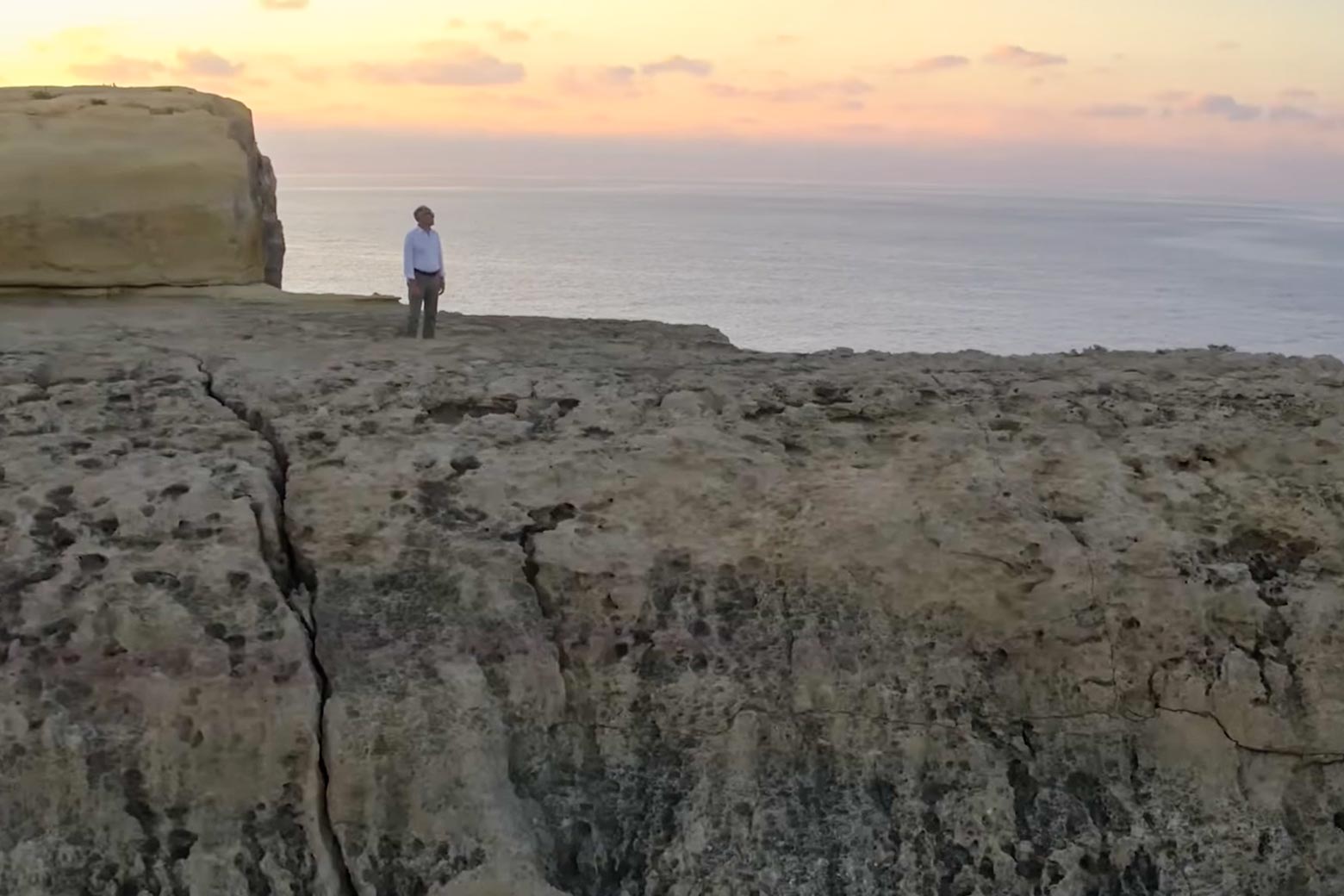Shane Heard
Brownlow Medallist
- Mar 11, 2018
- 10,281
- 17,281
- AFL Club
- Essendon
Interesting 
“ But almost before Frank could describe how one might search for the climatic effects of industrial “exocivilizations” on newly discovered planets, Schmidt caught him up short with a surprising question: “How do you know we’re the only time there’s been a civilization on our own planet?“
Frank considered a moment before responding with a question of his own: “Could we even tell if there had been an industrial civilization [long before this one]?“
Their subsequent attempt to address both questions yielded a provocative paper on the possibility that Earth might have spawned more than one technological society during its 4.5-billion-year history. And if indeed some such culture arose on Earth in the murky depths of geologic time, how might scientists today discern signs of that incredible development? Or, as they put it in the paper: “If an industrial civilization had existed on Earth many millions of years prior to our own era, what traces would it have left and would they be detectable today?“
“Today less than 3 percent of Earth’s surface is urbanized, and the chance that any of our great cities would remain over tens of millions of years is vanishingly low, says geologist Jan Zalasiewicz of the University of Leicester in England. A metropolis’s ultimate fate, he notes, mostly depends on whether the surrounding surface is subsiding (to be locked in rock) or rising (to be eroded away by rain and wind).”

 www.scientificamerican.com
www.scientificamerican.com

“ But almost before Frank could describe how one might search for the climatic effects of industrial “exocivilizations” on newly discovered planets, Schmidt caught him up short with a surprising question: “How do you know we’re the only time there’s been a civilization on our own planet?“
Frank considered a moment before responding with a question of his own: “Could we even tell if there had been an industrial civilization [long before this one]?“
Their subsequent attempt to address both questions yielded a provocative paper on the possibility that Earth might have spawned more than one technological society during its 4.5-billion-year history. And if indeed some such culture arose on Earth in the murky depths of geologic time, how might scientists today discern signs of that incredible development? Or, as they put it in the paper: “If an industrial civilization had existed on Earth many millions of years prior to our own era, what traces would it have left and would they be detectable today?“
“Today less than 3 percent of Earth’s surface is urbanized, and the chance that any of our great cities would remain over tens of millions of years is vanishingly low, says geologist Jan Zalasiewicz of the University of Leicester in England. A metropolis’s ultimate fate, he notes, mostly depends on whether the surrounding surface is subsiding (to be locked in rock) or rising (to be eroded away by rain and wind).”

Could an Industrial Prehuman Civilization Have Existed on Earth before Ours?
A provocative new paper suggests some ways to find out
Last edited:







